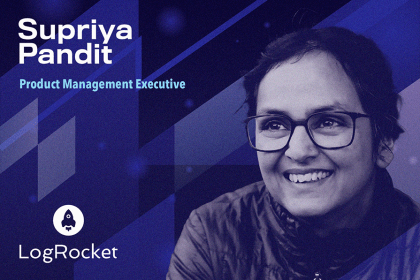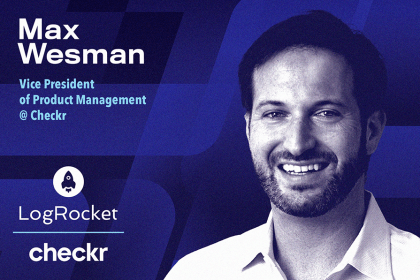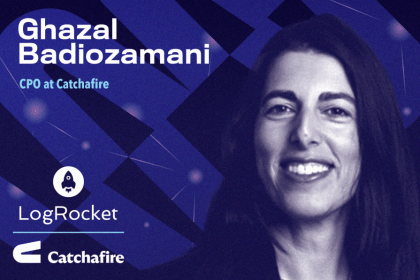
Customer discovery helps you ensure you’re focused and prioritizing the right problem for the right customer before development.

You can use agile to stay flexible through constant and quick iterations to help you learn, evolve, and grow to meet your goals.

At the heart of an agile team is its ability to collaborate productively, adapt to change, and generate customer-focused, cooperative value.

Supriya Pandit shares her experience integrating machine learning technology into a large retailer’s web presence.

Alignment involves a shared understanding of the current vision, goals, and priorities and a collaborative effort to achieve them.

Sanjay Modi discusses his role in leading a website security product portfolio through drastically changing customer needs.

The acronym SDK stands for software development kit. It contains platform-specific tools to run and develop software.

If you think about some of the businesses that market familiarity as a selling point, you actually don’t get negative vibes from them at all.

To maintain operations during disruptions, you must establish, implement, and constantly improve your BCM practices.

Max Wesman details the challenges of scaling his business past its initial market of SMBs to larger customers.

To help you demonstrate a plan for your product goals and report on your progress, you can use a Gannt chart.

Ghazal Badiozamani discusses how she organizes her product teams around goals and OKRs, empowering them to experiment to move those metrics.